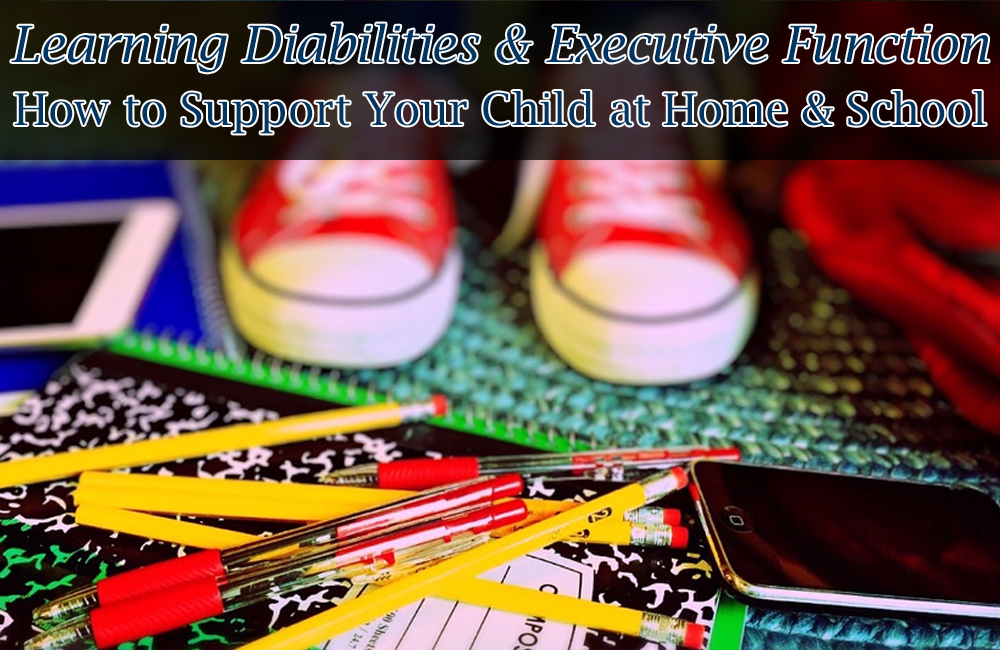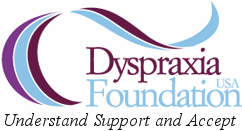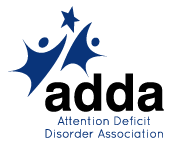The Intersection of Learning Disabilities and Executive Functions Skills
Dyslexia, dyscalculia, dysgraphia, dyspraxia, dysphasia, aphasia, autism, verbal processing disorder, visual processing disorder, auditory processing disorder, Asperger’s syndrome, ADHD, Co-morbid conditions
There are so many learning disabilities; it is easy to get lost. are
Kids with learning disabilities have brains that are wired differently than most. They are neurologically based processing problems. It has nothing to do with intellect but tell that to a sixth grader who has been behind since he can remember. It doesn’t feel that way to him. Trust me, I was there. I am dyslexic. Reading at school was like slow continuous torture all day. Sitting quietly hoping not to be called on a read aloud!
I have two daughters who have learning disabilities different than mine and from each other’s and more troublesome to them than my dyslexia ever was to me. If you think it is bad having a learning disability, it is worse to watch your children struggle.
But how do learning disabilities fit in with organization? Learning disabilities cause problems when trying to learn reading, writing and/or math but what is worse (I think) is that it also causes problems with executive function skills. Here is where unseen disabilities become misunderstood. Below is a list of executive functions as used by Richard Guare, Ph. D., author of several executive functions deficit books, and what people often think when they don’t understand.
Executive Function What people think or say
Lack of… That kid…
Working memory Is Stupid
Emotional control Is a Brat
Sustained attention Won’t stick to anything
Task Initiation Is Lazy
Planning/prioritization Doesn’t care
Organization Is a Mess
Productivity (time management) Wastes time
Goal-directed persistence Won’t amount to anything
Flexibility Is a Brat, unreasonable
Metacognition Is Weird, awkward
Supporting executive function skills will help your kid in school and in life. What can do you at home?
- Give your child chores to help develop skills (see past posts)
- Play games with your child; board games require turn taking, following directions and planning strategies.
- Teach him coping skills; deep breathing, mindfulness. Google it, or ask a counselor, therapist or doctor!
- Find out what kind of learner your kid is and give information in that form. In other words, don’t write it down for a kid with dyslexia, tell or show him.
- Don’t over schedule your child; many kids with learning disabilities need downtime scheduled in their day
- Use timers
- Have analog clocks everywhere; make sure he really knows how to tell time using them
- Get a free download of dyslexie font
What can you ask schools to do?
- Get two set of books; one for home and one for school
- Get audio copies of books
- Ask the school is they can get dyslexie font or if your student can use his laptop at school.
- Get copies of guided notes from the teacher. The student fills in blanks along the way so he needs to still be paying attention but it is easier than deciding what is so important that it needs to be written down.
- Use Cornell notes
- Have a visual cue or a key phrase that will refocus your student during class without embarrassing him.
- Be allowed fidgets that aren’t distracting to the student, the class or the teacher.
- For older students, be allowed to use earbuds and listen to music. My rule when working with students is that music needs to be a continuous playlist that is about 30 minutes of music that can blend into the background.
- Extra time is popular on IEPs and 504s. Some kids truly need it. Other kids just need the same amount of time but allowed to take breaks. Ask if your student can try having a timer he can stop and start. The idea here is that the student can start the timer take a test, stop it walk away for a break and then start it again over and over if needed. When you aren’t aware of time as many students with learning disabilities aren’t, extra time just becomes more time to day dream.
This lists should give you a start to see what helps for your student. Be patient and remember most people want to be successful so he is trying his best.


Big Bang Coaching, LLC provides coaching for the neurodiverse.






